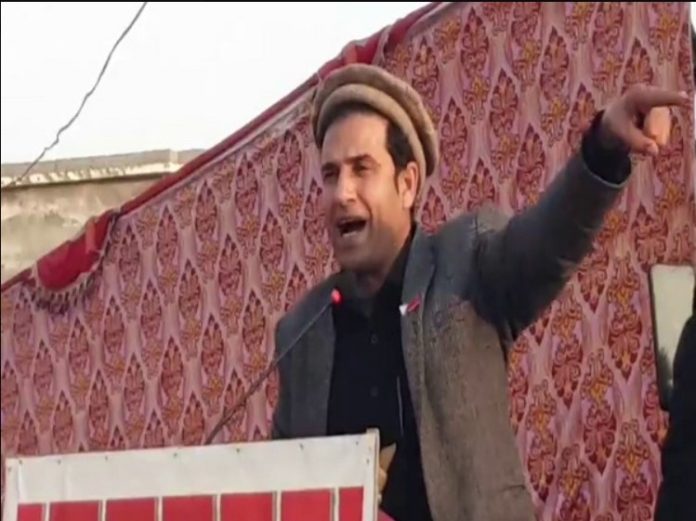POJK is once again going to witness a ‘Rights Movement’ protest as the problem of load shedding persists in the POJK. Toqeer Gilani, a political rights activist and member of the Awami Action Committee, announced plans to organize a protest against the extensive load shedding in PoJK. The protest will happen at Muzaffarabad on May 11.
The demonstration on May 11 is anticipated to be stronger than earlier protests as, the Joint Awami Action Committee had already announced a long march from Bhimber to Muzaffarabad on May 11 for the fulfilment of their Charter of Demands. In line with that, Shaukat Nawaz Mir, who is at the helm of protests, warned the Pakistani establishment not to pose resistance to the long march as it would be reciprocated with complete shutdown across POJK.
It is worth mentioning that POJK has resisted the Pakistani establishment’s coercive measure that devoid them of their rights and basic amenities. In past 6 months there have been a number of protests from all sections of the society but no recourse has been taken by the Pakistani establishment and its puppet regime in POJK.
From carrying out funeral procession of the electricity bills to observing civil disobedience, POJK populace has taken every step to make its voice heard in Islamabad but their righteous voice of demands never falls on the deaf ears of Pakistani establishment.
The distressful condition of POJK and subversive condition of its people are clearly outlined recently by another Joint Awami Action Committee member Arif Chaudhary.
POJK not part of Pakistan by constitution
A couple of days ago, prominent leader of the Mirpur chapter of the Joint Awami Action Committee Arif Chaudhary, convened a press conference at the Mirpur Press Club on Tuesday, addressing what he perceives as the Pakistani administration’s neglect of the people residing in Pakistan-occupied Jammu Kashmir (POJK).
Chaudhry underscored the failure to uphold promised rights and resources for PoJK residents, highlighting Mirpur’s enduring sacrifices for Pakistan despite enduring neglect and oppression.
“We, the people of Mirpur, are civilized but have been suppressed, looted, forcefully dislocated and suppressed, and the same destruction continues even today,” Chaudhry asserted during the conference.
He pointed out that PoJK is not constitutionally part of Pakistan, citing Article 257 of the Pakistan Constitution and United Nations resolutions from the late 1940s, which established PoJK’s distinct status and Pakistan’s obligations towards its people.
Chaudhry criticized the persistent issue of severe load shedding in PoJK despite its significant contribution to Pakistan’s electricity production. He demanded fair treatment in accordance with Pakistan’s constitution, particularly highlighting the disparity in electricity rates and the lack of compensation for resources utilized by Pakistan.
“Our hands are now forced to bring these issues to the UN, citing articles of the Pakistani constitution. This will be shameful for Pakistan on the international stage,” Chaudhry concluded, emphasizing the need for the government to take PoJK’s concerns seriously and address them promptly.
The upcoming protest and long march in Muzaffarabad are poised to underscore the assertion that POJK is not part of Pakistan. This event will highlight the growing sentiment that the entire J&K region is an integral part of India, especially as Kashmiris in India enjoy rights without petitioning.

